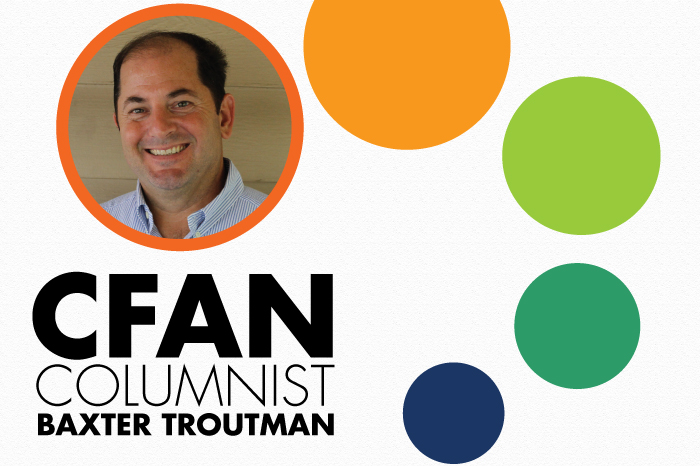Tracking genetics is nothing new to agriculture. In fact, the science of genetics is traced back to an Austrian friar tracking traits of pea plants. Scientists have followed genetic traits in cattle to identify which produce more milk or meat. But now, two University of Florida researchers hope to incorporate artificial intelligence (or “AI”) to analyze the genetic code to help keep cattle cooler and, thus, more productive.
Raluca Mateescu, a UF/IFAS professor of animal sciences, and Fernanda Rezende, an assistant professor in the same program, are starting by collecting hundreds of thousands of pieces of information about the genetic traits of cattle. From there, they plan to use the university’s supercomputer, HiPerGator, to analyze this data and begin to draw conclusions. Using the results from HiPerGator, Mateescu and her team are hoping to be able to give ranchers recommendations on which of their cattle to breed in order to produce more and higher quality beef and dairy products.
Mateescu’s work in tracking the genetics of cattle for improved production is not unprecedented. In 2017, there were approximately 9 million head of cattle in the United States, down from the peak of 25.6 million in 1944. However, those 9 million cattle produced more milk than their antecedent.
This improvement in production was made simply by observing trends in the animals. Mateescu and her team feel like, with the aid of AI, they will be able to pinpoint the genes more quickly.
Of course, traits of economic importance within livestock, such as milk and meat yield and quality of meat, rely not only on genetics but also the environment. Since only so much can be done to affect a cow’s environment, working to breed an animal better suited to their environment is key.
However, with so many different genetic factors – 770,000 DNA genetic markers, more than 18,000 genes and 86 traits in the 1,000 cattle included in their study – no human is able to analyze this data in a meaningful way.
That’s where HiPerGator, the largest university-based supercomputer in the world, comes in. HiPerGator tells the scientists what particular combination of genetic markers and genes will result in better animals—in other words, which ones will be cooler and thus, more productive.
And this, Mateescu says, is just the beginning. “We are just starting to use AI to address these problems.”

